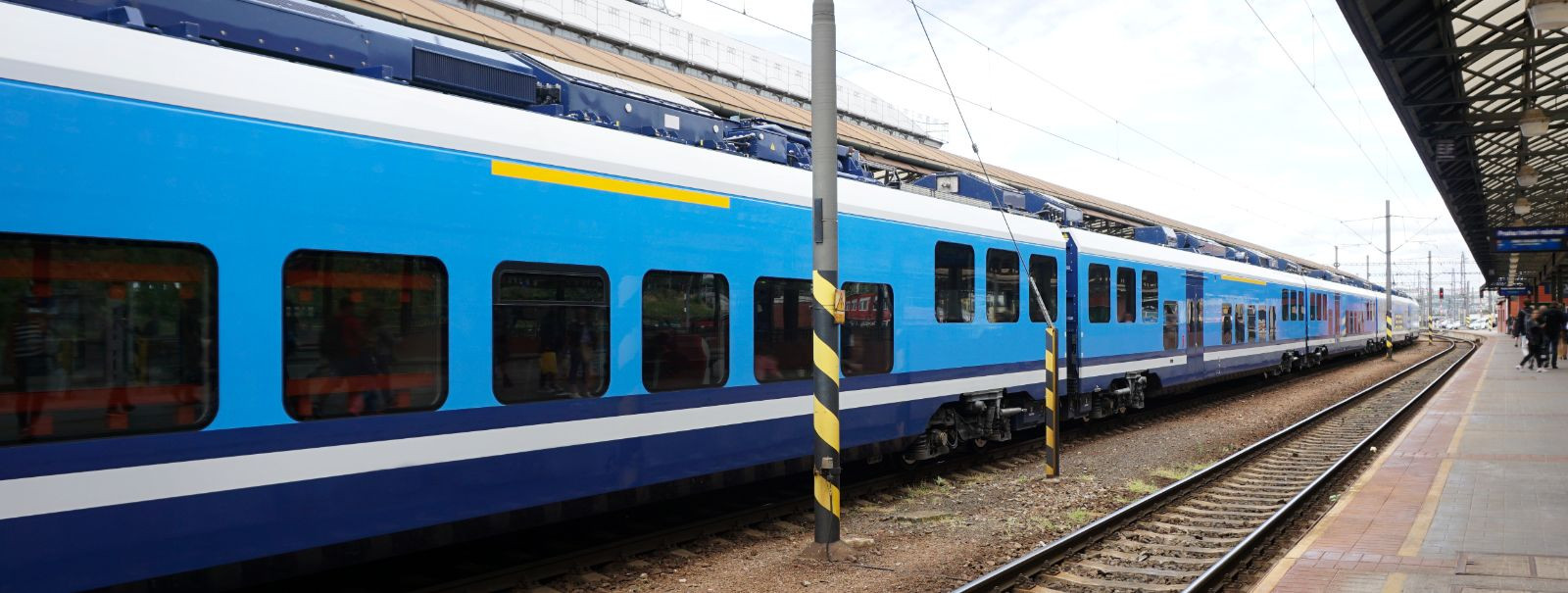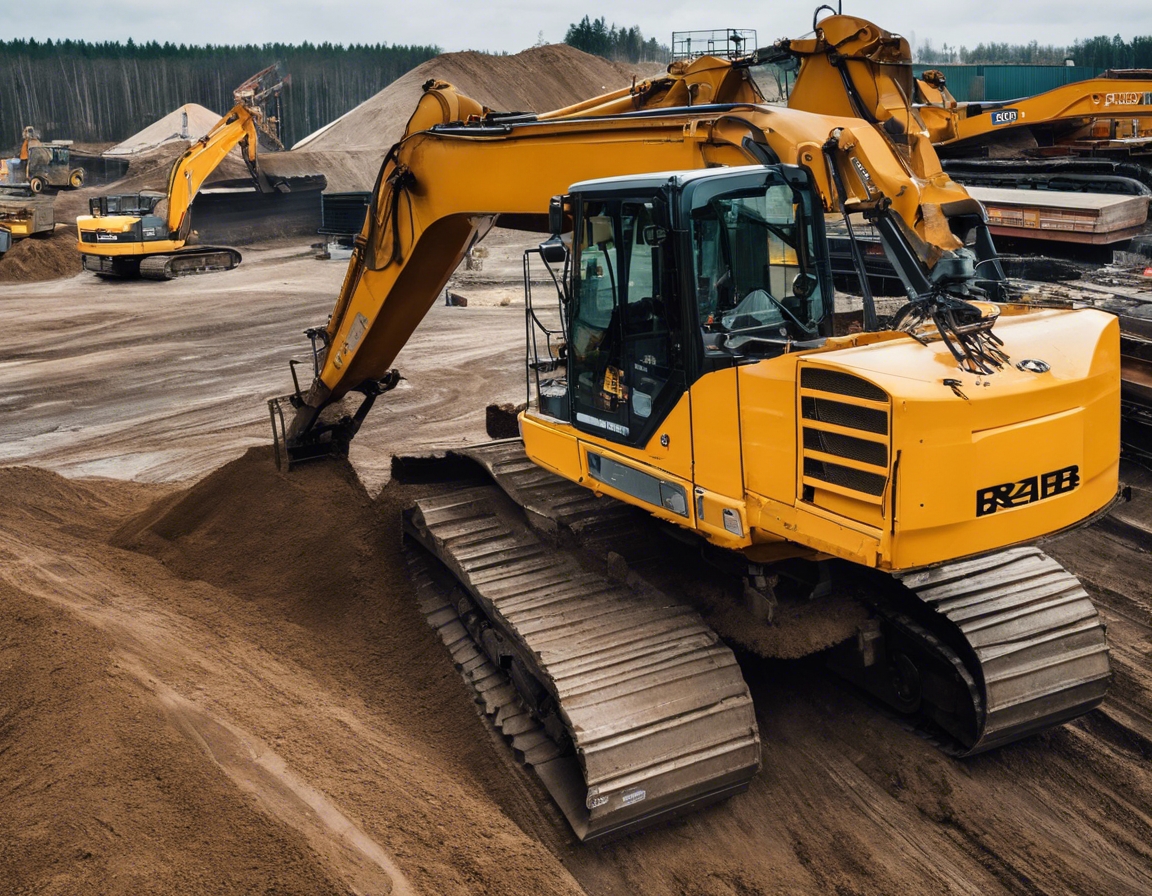Sustainable shipping: the advantages of rail freight
Sustainable shipping refers to the practice of transporting goods in a manner that minimizes environmental impact, promotes energy efficiency, and supports long-term ecological balance. It encompasses a holistic approach that considers the entire supply chain, from the source of raw materials to the end consumer.
As global trade continues to expand, the logistics industry faces increasing pressure to reduce its carbon footprint and embrace more eco-friendly practices. Sustainability in logistics not only benefits the environment but also enhances brand reputation, meets regulatory requirements, and can lead to significant cost savings.
The Role of Rail Freight in Sustainable Shipping
Rail freight is a cornerstone of sustainable shipping strategies due to its lower greenhouse gas emissions compared to road and air transport. Trains can move a large volume of goods over long distances with minimal fuel consumption, making them an eco-friendly choice for shippers.
Aside from environmental considerations, rail freight offers economic benefits such as cost-effectiveness over long distances, reduced wear and tear on infrastructure, and the ability to transport large quantities of goods, which can translate to lower shipping costs per unit.
Rail transport is known for its reliability and punctuality, with fixed schedules and less susceptibility to traffic delays. This predictability is crucial for businesses that rely on just-in-time delivery models.
Comparing Rail Freight to Other Modes of Transport
Rail freight has a clear advantage over road transport in terms of environmental impact and capacity. Trains emit significantly less CO2 per ton-mile than trucks and are less affected by congestion.
While air transport is faster, it is also much more carbon-intensive. Rail freight is a more sustainable option for non-time-sensitive goods, offering a balance between speed and environmental responsibility.
Maritime transport is efficient for international shipping, but rail freight provides a more sustainable solution for land-based transportation, especially across the vast distances of the Eurasian landmass.
Technological Advancements in Rail Freight
The rail industry has seen significant technological advancements, including more efficient locomotives and wagons designed to maximize cargo capacity while minimizing fuel consumption and emissions.
Digital technologies are transforming the rail freight industry, with smart railways leveraging sensors, data analytics, and automation to optimize operations and enhance sustainability.
RAIL BALTIC ESTONIA OÜ's Commitment to Sustainable Rail Freight
RAIL BALTIC ESTONIA OÜ is dedicated to advancing sustainable rail freight. We invest in eco-friendly technologies and practices to reduce our environmental impact and support the green transition of the logistics sector.
We cater to environmentally conscious travelers, international commuters, logistics companies, and businesses seeking efficient and sustainable cargo transport solutions. Our services are designed to meet the needs of our diverse clientele, ensuring reliability and time efficiency.








Comments (0)